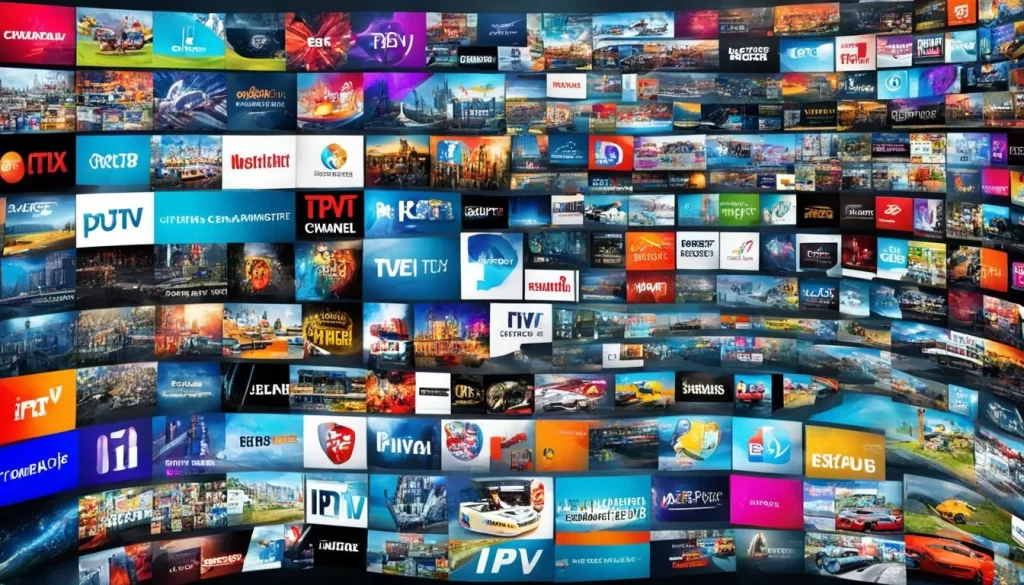IPTV Internet Protocol Television has revolutionized the way we consume television content, offering a more flexible and expansive alternative to traditional cable or satellite television. By utilizing the internet to deliver content directly to users’ devices, IPTV has become a game-changer for how we access entertainment, news, and sports. This shift has made IPTV the go-to option for millions of viewers worldwide, as it allows them to enjoy a wide variety of channels and features that cater to diverse interests. One of the main advantages of IPTV is its extensive channel offerings. Unlike traditional television services, which typically bundle a limited selection of channels in set packages, IPTV provides access to thousands of channels from around the globe. This includes popular networks in various categories such as news, sports, movies, documentaries, and niche content for specific cultures or communities. IPTV services often offer a more customized experience, where users can select the channels they want, potentially eliminating the need for unwanted extras that come with traditional TV packages.
Additionally, IPTV’s on-demand streaming functionality sets it apart from traditional broadcasting methods. With IPTV, users can watch content whenever they want, whether it is a live sporting event, the latest TV show episode, or a movie from years ago. This convenience is enhanced by features like pause, rewind, or fast-forward, giving users more control over their viewing experience. This flexibility is one of the reasons why IPTV has become so popular, as it allows viewers to break free from fixed broadcasting schedules and look at this site to proceed. Another important feature that makes IPTV stand out is its multi-device compatibility. Whether users are watching on a television, smartphone, tablet, or laptop, IPTV offers seamless streaming across a wide range of devices. This mobility allows users to watch their favorite shows and movies on the go, at home, or wherever an internet connection is available. Many IPTV platforms also support smart TVs, offering a user-friendly interface for easy navigation, content discovery, and personalized recommendations.
IPTV also brings added features such as interactive TV options and integrated applications. Some services allow users to engage with content in real time, participate in polls, or even shop while watching shows. These interactive features create an immersive and engaging viewing experience that traditional TV cannot match. Furthermore, IPTV often provides access to additional content such as international channels, niche interests, and premium features like 4K and UHD streaming, which enhances picture quality and overall enjoyment. Overall, IPTV has fundamentally changed the landscape of television entertainment by offering an extensive range of channels, on-demand options, interactive features, and multi-device compatibility. It caters to modern-day consumers who value flexibility, control, and an expansive content library. As internet infrastructure continues to improve, IPTV is set to become even more dominant, pushing traditional broadcasting models to evolve in order to keep up with the ever-growing demand for digital content.
